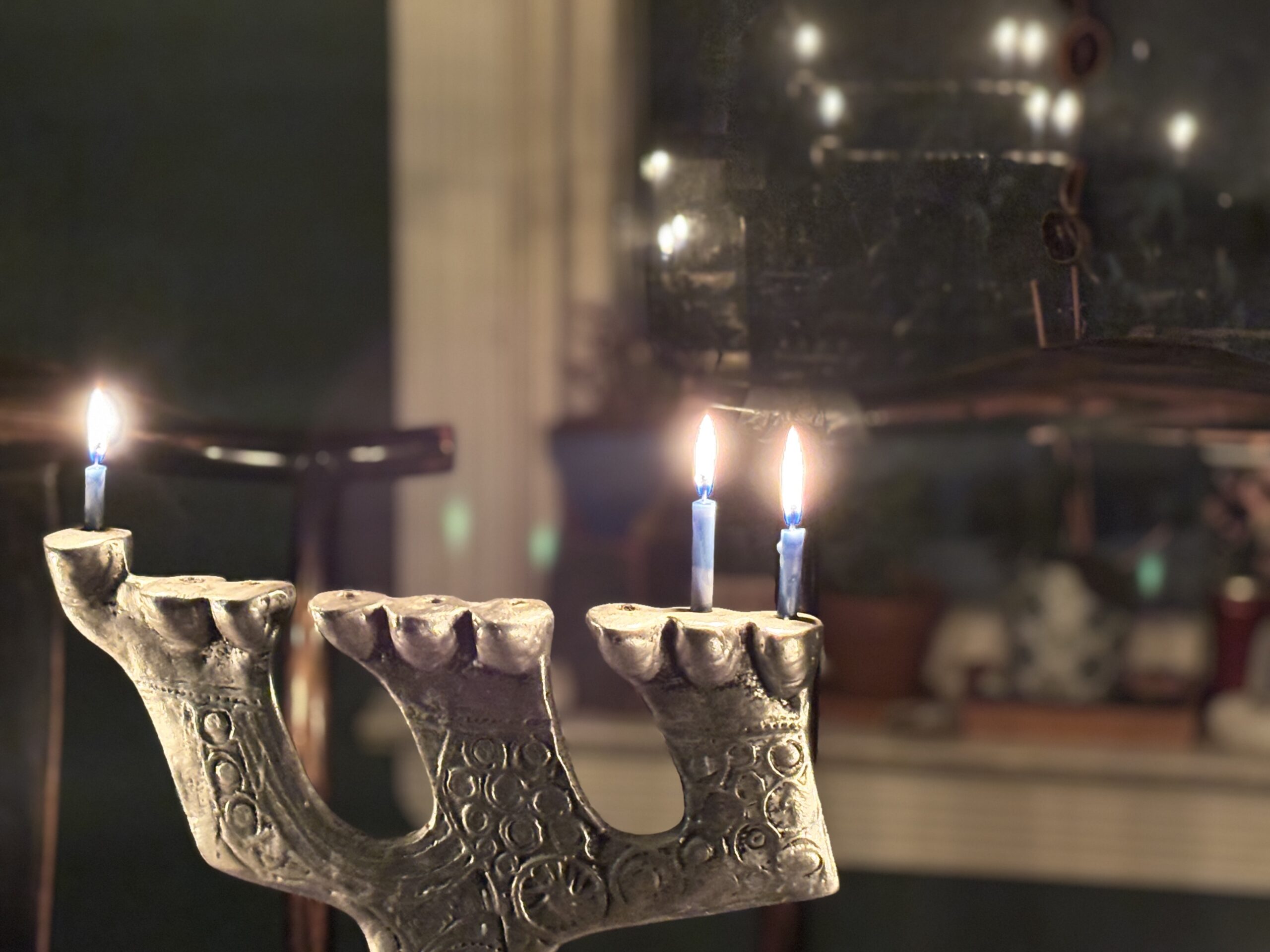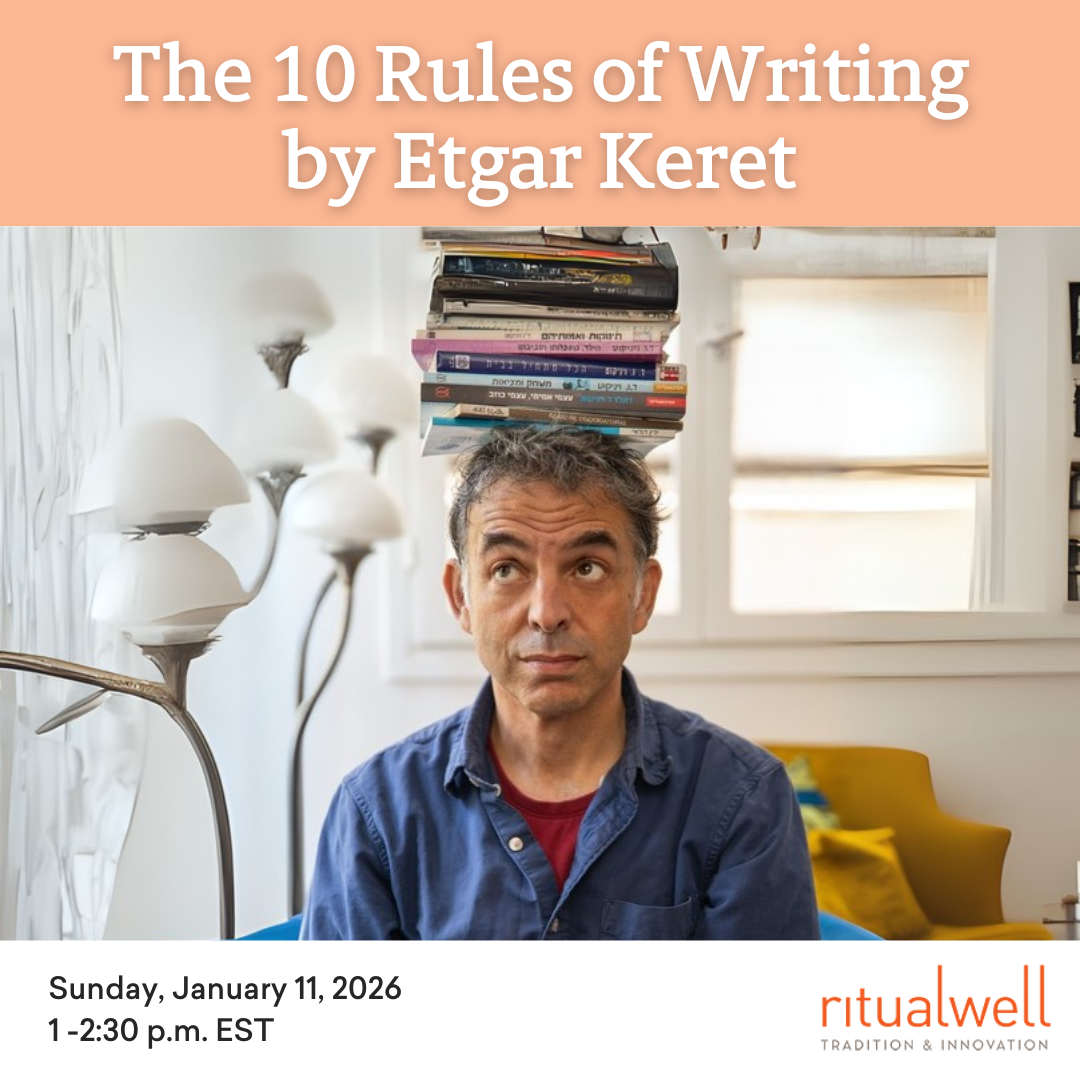Ha’lo zeh tzom evchareihu. This is the fast I choose
Meditation:
When Rabbi Sheishet was fasting, he added these words to his daily prayers:
Master of the worlds:
We have learned that long ago,
in the days when the Temple still stood,
when people offered sacrifices as their atonement,
they offered only the fat and the blood.
that was sufficient to atone for them.
And now, when the Temple no longer stands,
I am fasting,
and, as a result, parts of me will be diminished.
Ye’hi ratzon,
May it be Your will:
To regard those parts of me that are diminished
as if I had offered them up before You upon an altar,
and may You show me favor.
(Adapted from Babylonian Talmud: Brakhot 17a)
Ritual:
As you fast, move slower than usual, staying focused on the purpose of your fast.
Blessing:
(As you begin your fast)
Potei’ach et yadekhah, u’masbia l’khol chai ratzon.
Open Your hand and fulfill each creature’s needs.
Teaching:
Why, when we fasted, did you not see?…this is My chosen fast: to loosen all the bonds that bind people unfairly, to let the oppressed go free, to break every yoke. Share your bread with the hungry, shelter the homeless, clothe the naked, and turn toward those in need. Then a cleansing light shall break forth like the dawn…then you shall call and the Lord will answer.
(Adapted from Isaiah 58)
And they fast on this day to approach a resemblance of the angels, inasmuch as the fast is consummated by humbling themselves, lowering their heads, standing, bending their knees, and singing hymns of praise. Then all the physical powers abandon their natural functions and engage in spiritual functions, as though having no animal nature.
(Judah HaLevi, The Kuzari 3:5, as quoted in S.Y. Agnon, Days of Awe)
Penitence is inspired by the yearning of all existence to be better, purer, more vigorous and on a higher plane than it is. Within this yearning is a hidden life-force for overcoming every factor that limits and weakens existence. The particular penitence of the individual and certainly of the group draws its strength from this source of life, which is always active with never-ending vigor.
(Abraham Isaac Kook, The Lights of Penitence)
Reprinted with permission from The Book of Jewish Sacred Practices: Clal’s Guide to Everyday & Holiday Rituals & Blessings, edited by Rabbi Irwin Kula and Vanessa L. Ochs, Ph.D., Jewish Lights, 2001.













